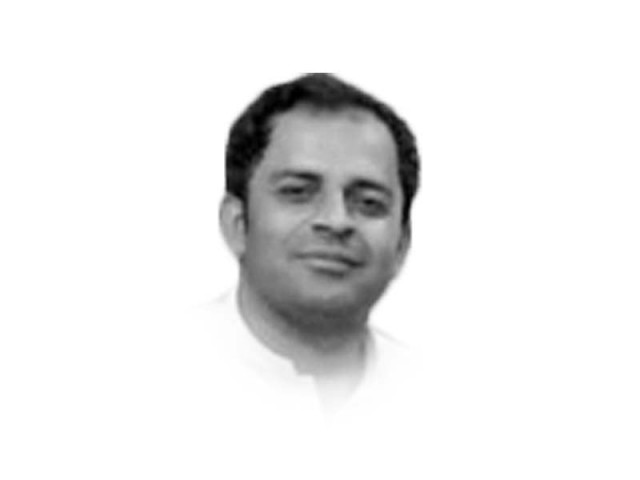Private monopoly on education and healthcare
A major part of Pakistan’s health and education sectors are monopolised by parasitic private elite and corporates

A society’s dream of sustainable development hardly materialises unless two of its critical services — health and education — are performed with utmost sincerity, selflessness and compassion. While the former bolsters somatic and cerebral resilience, the latter cognitive robustness. A combination of vibrant educational and health policies, institutions and regulated practices produce productive and professional generation.
However, woefully enough, a major part of Pakistan’s health and education sectors are monopolised by parasitic private elite and corporates. That is, the essential services are increasingly getting encroached on by crony capitalists. More worrying, however, is the government’s growing apathy towards and stake in this encroachment. Owing to the government’s chronic oblivion towards public health and educational sectors, the unregulated private practices continue to ruthlessly exploit the people’s health and education. Like politics, the two services are increasingly transformed into privately managed lucrative business, with profit maximisation lying at the core.
The quality of education being imparted in almost all private institutions is far substandard than they boast about and charge for. For them, the cosmetic academic abilities like English are far more important as they add to their business. The content, creativity, critical thinking, dynamics of career-demands, morality and genuine socio-cultural necessities become their secondarily important academic activities. Parallel lucrative business in the name of overcharged “branded” books, nexus with bookstores and school dresses are commonplace. Falsification of grades, misleading advertisement and glorification of their practically invisible achievements are a few of the recipes most privately operated educational institutions employ to attract admissions.
A simple question open to readers would appraise the genuine role of private educational institutions: keeping in view the hefty sums they charge, how many scientists, scholars, inventors and writers of repute have they produced in your locality? Apparently, not much. Those few doing feats in academic and professional life owe their success to their own efforts. This is what we need to deeply reflect on.
While the privately operated health sector is two steps ahead of its educational counterpart. Most of the private hospitals and dispensaries in the country are vying to claim their fair share of “business” regardless of the quality of services they provide. Keeping dead bodies in ICU to increase charges, needless C-section surgeries and open marketing of substandard drugs are few of the common practice. Research shows that 40-50% of drugs in the country are counterfeit.
The ghastly nexus of pharmaceutical companies and the medicos, including individual practitioners, are open secrets. Most prescription is in line with optimising medicine sell (and so the fixed commissions) rather than the ailments patients suffer. International tours, lavish gifts and even household commodities are offered to the practitioners by pharma companies. It’s ultimately the patients who pay in the name of inflated medicinal charges.
Resultantly, the people of Pakistan are increasingly transformed from a cognitively and physically resilient nation to sick and intellectually dwarfed. It is mainly because of the systematic deterioration of publicly-run health and education services by the ruling elite, as they are the beneficiaries one way or the other. Though the private sector operates across the world, they do not ruthlessly exploit the public. Instead, they work as auxiliary service delivery systems in compliance with the codified rules.
In the backdrop of the deplorable plight of the elite-sponsored crucial services, the government needs to intervene and reclaim the lost stake in health and education. Selflessly improving the service delivery of public sector institutions would be the right step. Besides, there’s a dire need to effectively regulate the private services and force them into compliance with the established health and educational norms so that they may serve the masses more than their capitalist masters.
Published in The Express Tribune, August 14th, 2022.
Like Opinion & Editorial on Facebook, follow @ETOpEd on Twitter to receive all updates on all our daily pieces.














COMMENTS
Comments are moderated and generally will be posted if they are on-topic and not abusive.
For more information, please see our Comments FAQ